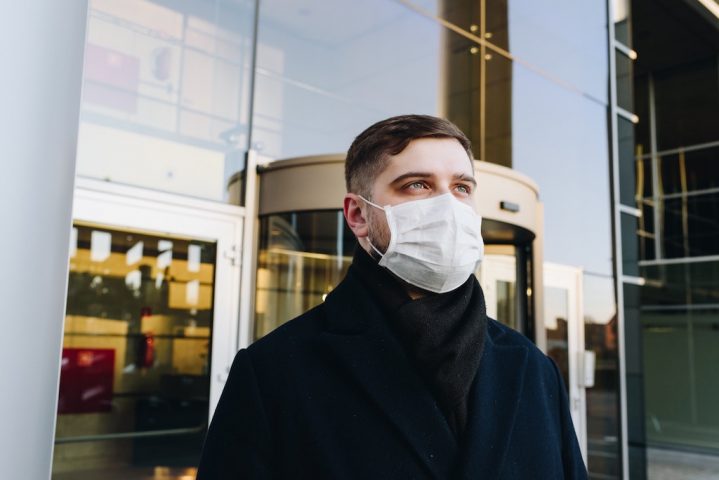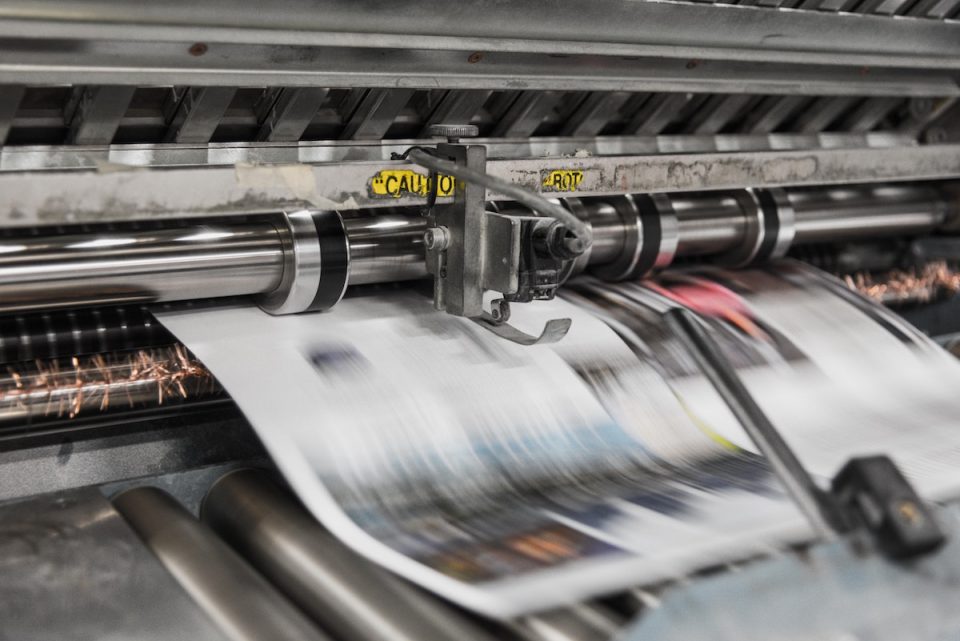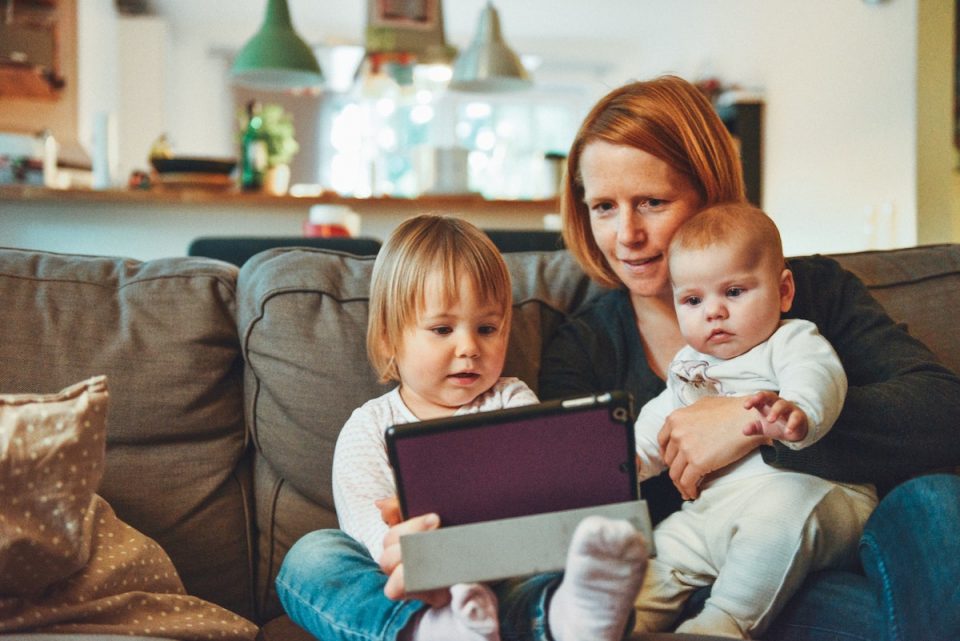The New Normal at the Office: Masks & Social Distancing

Working from Home: The Importance of Routine
May 12, 2020
The WfH parenting quick guide for employees and managers
May 18, 2020
At the moment, working from home is the new normal for the majority of office workers in Europe, America and many other places around the world.
Even when, eventually, these countries finally get the Coronavirus pandemic under control, office workers will begin to return to the office.
But it will feel a very different place.
The new normal
The new normal at the office: desks two meters apart or every other workstation empty.
Workers coming into the office on a shift rota, alternating with days working from home, so that the number of people in the office building at any one time is minimized.
Markings on the floor in communal areas to delineate space two meters apart.
Improved air circulation and windows open.
And… masks…?
Are masks going to be part of the new normal at the office?
It’s likely that in many places, office workers will be encouraged to – or, in some places, need to – wear masks. The goal is to reduce the likelihood of infection.
Shoppers in Austria, for example, must wear masks to enter a shop.
Confined spaces, such as supermarkets and offices, do pose a risk in terms of infection.
Therefore, wearing a mask is likely to be the new normal in very many workplaces.
What is the official advice on wearing a mask?
On the surface, advice seems to be contradictory on the need to wear a mask to protect against the spread and risk of infection with Coronavirus.
While the US CDC has suggested people should wear a mask, President Trump has said he won’t be wearing one. And while the UK Government continues to vacillate on mask-wearing, Scotland’s First Minister has advised people to wear a mask in public.
However, if you’ve been monitoring official news sources, you’ll see the pattern emerging.
Those who were slow to act on the lockdown are the same people who are slow to act on mask-wearing.
The World Health Organisation has been more decisive. It argues that mask-wearing is an essential tool to protect against the spread of infection and has published guidelines for the safe use of face masks on its website.
Superheroes wear masks
The heroes that have emerged from this pandemic are the world leaders who took action fast and decisively: New Zealand Prime Minister Jacinda Ardern, Danish Prime Minister Mette Frederiksen, Taiwan’s President Tsai Ing-wen, Iceland’s Prime Minister Katrín Jakobsdóttir, German Chancellor Angela Merkel and Korean President Moon Jae-in.
Masks have played a role in their success.
Jacinda Ardern, the New Zealand Prime Minister, did a lot of work to ensure frontline workers had access to the masks they needed whilst also educating wider society about masks.
Make your own superhero costume
One might charitably argue that those governments reluctant to advocate wearing a mask for the wider public are doing so out of a desire to protect PPE already in short supply save for frontline healthcare workers.
However, it is hard to justify this argument when there are so many free mask patterns available on the Internet, making it easy for people to make their own masks.
Fashion magazines are already featuring lists of “the best masks”.
And entrepreneurs are bringing all sorts of novel solutions to market – including virus-killing snoods.
Should you wear a mask in the office?
Perhaps the question isn’t so much why should you wear a mask, but rather: why wouldn’t you?
If wearing one could save a life, it makes sense to don a mask whether you are inside or outside the office.
If the World Health Organisation and MIT are right and long-term immunity is unproven – and, perhaps even, unlikely – mask-wearing is going to play a significant role in protecting people as we move through our daily lives.
You could simply buy one (especially if your purchase will benefit others).
It might take a little while to adjust to mask-wearing as part of the “new normal”, but really the sentiment behind doing so isn’t new at all.
In fact, the decision to wear a mask comes down to an age-old office rule: simply showing your work colleagues the respect they deserve.



